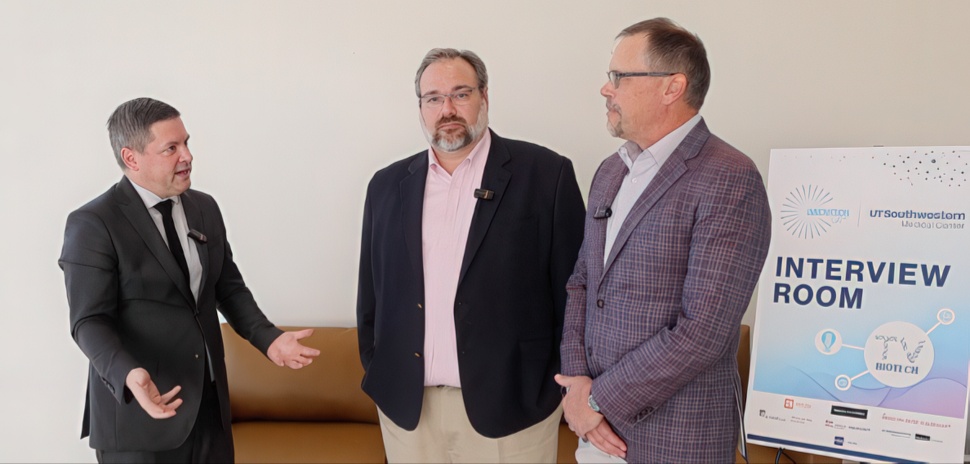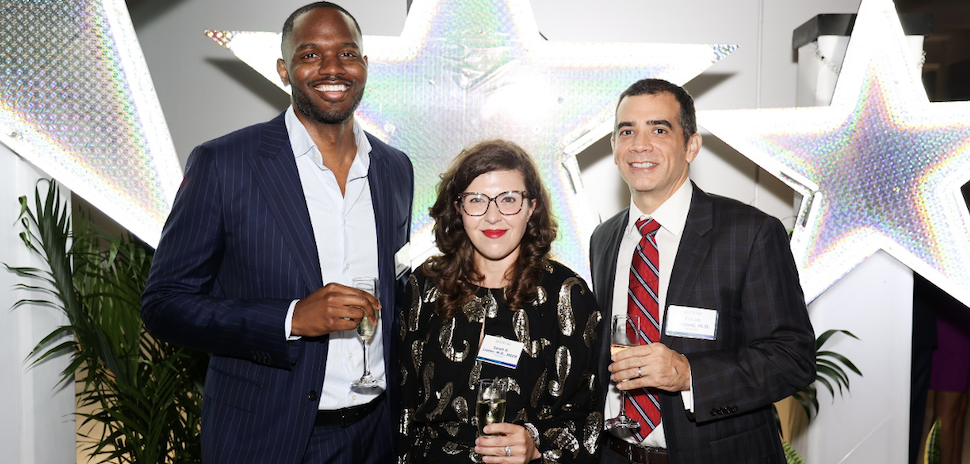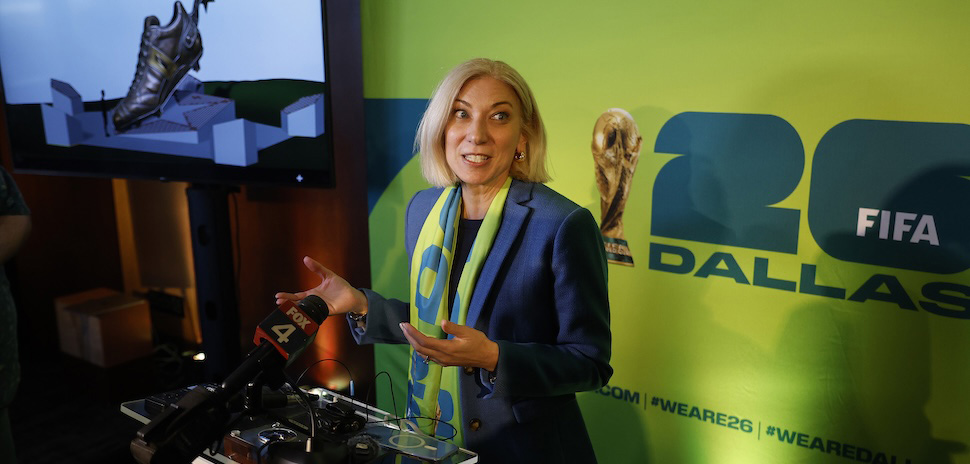GenrAb, a biotechnology startup based at Pegasus Park in Dallas, has raised $5.6 million in seed funding to advance what it describes as a “first-in-class” therapy designed to help brain cells survive—using naturally occurring antibodies discovered in the spinal fluid of patients with neurological disease.
The company’s lead therapy, TGM-010, has shown early promise in animal models of multiple sclerosis and ALS, where it helped reduce neurological disability and preserved neuron function. By targeting the brain’s internal stress response system, the therapy could offer a new way to slow or prevent the loss of brain cells that drives disability in a range of neurological diseases.
GenrAb was founded on technology licensed from UT Southwestern Medical Center. It began as a research initiative where scientists working in neuroimmunology discovered naturally occurring antibodies in the cerebrospinal fluid of patients with active neurological disease.
What started in an academic lab quietly evolved into a stealth-mode spinout, operating behind the scenes at BioLabs Pegasus Park while refining its science and identifying a viable drug candidate.
Now, with fresh funding, GenrAb is preparing to bring that discovery into the clinic. The financing will support late-stage preclinical work, positioning the company to file an Investigational New Drug (IND) application with the FDA and begin human studies in 2026.
“This financing is a key milestone in bringing our first-in-class neuroprotective antibody therapies to the clinic,” CEO Larry Tiffany said in the company’s announcement earlier this week.
The round was led by Actium Group, which operates from Dallas and Seoul, and included support from Salem Partners, GPG Ventures, Research Bridge Partners, and Maytal Capital. Actium’s Jun Il Kwun described the investment as a “vote of confidence in novel biology” with the potential to reshape how central nervous system (CNS) diseases are treated.
Protecting neurons under stress
GenrAb’s approach is different from most current therapies, which often focus on controlling inflammation or clearing toxic proteins after damage has occurred. Instead, the company aims to protect neurons from dying in the first place.
That idea comes from the immune systems of patients themselves. GenrAb’s scientists search the cerebrospinal fluid (CSF) of people with active neurological disease, looking for naturally occurring antibodies that might be helping neurons survive. The company has identified TGM-010—which crossed the blood-brain barrier, entered neurons, and engaged key stress management machinery to reduce disability.
“We’ve uncovered some really novel biology around how the stress management machinery within the neuron works, and how TGM-010 impacts that stress machinery,” Tiffany said during a BioTechTV interview at UT Southwestern’s Innovation Days in October 2024.
From MS to ALS and beyond
GenrAb’s earliest work focused on multiple sclerosis, but the company has expanded into ALS models, where it is seeing “very similar neuronal health signals,” according to Tiffany. While the company has not yet named a specific disease for its first clinical trial, it says the underlying biology could apply to a wide range of central nervous system disorders.
“That biology allows us to think more broadly,” Tiffany said on BioTechTV. “We started to do work in ALS models, and we’ve seen very, very similar neuronal health signals.”
UT Southwestern neurologist and GenrAb co-founder Dr. Ben Greenberg said the field needs therapies that directly help neurons survive. GenrAb’s platform is one of the few efforts focused on that kind of intervention.
“We’re getting there,” Greenberg said on BioTechTV. “We’ve lacked drugs that target neuronal survival directly—and that’s what this is trying to do.”

Click to watch: GenrAb CEO Larry Tiffany (far right) and Co-Founder Dr. Benjamin Greenberg (center)—Vice Chair for Clinical and Translational Research in UT Southwestern’s Department of Neurology—break down the science and the stakes behind the company’s neuroprotective approach in this 2024 BioTechTV interview from UT Southwestern Innovation Days.
[Video screenshot: BioTechTV]
A platform built on patient biology
GenrAb isn’t stopping at one antibody. Using a proprietary discovery platform based on research at UT Southwestern, the company has identified more than 400 neurotherapeutic antibodies, with about 100 newly cloned and under study. Each is sourced from patients’ immune responses and screened for its potential to protect neurons.
“We’re now starting to dig into those, understand their individual and unique biology,” Tiffany said in the BioTech TV interview.
Based at the growing life sciences hub Pegasus Park in Dallas, GenrAb has already received national recognition, including Golden Ticket awards from Boehringer-Ingelheim and Otsuka Pharmaceuticals, and was named a BioNTX Biotech Rising Star at the iC³ Life Science & Healthcare Innovation Summit in 2024.
Don’t miss what’s next. Subscribe to Dallas Innovates.
Track Dallas-Fort Worth’s business and innovation landscape with our curated news in your inbox Tuesday-Thursday.































